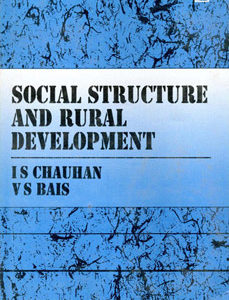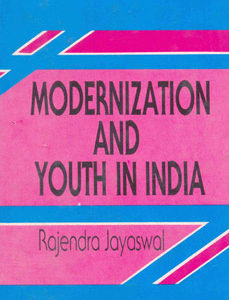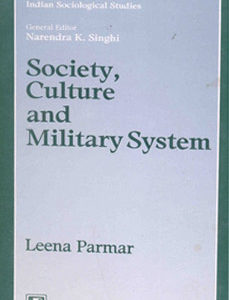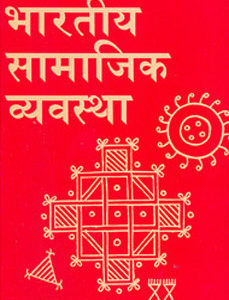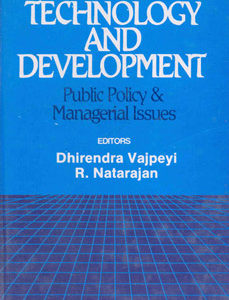THEORETICAL SOCIOLOGY
₹695.00 Original price was: ₹695.00.₹615.00Current price is: ₹615.00.
25 in stock
This is a book with an immodest ambition. It attempts to set forth the core of what we know about how to explain the social world. It is theoretical knowledge, not description; it does not tell how many people at various times and places have acted and thought in particular ways and what social structures they have formed; it does tell us why these kinds of things in general happen as they do. The theories may not all be correct, and none is as strongly validated by empirical evidence as one might wish. But sociologists have been at the business of theory and research for more than a century now, and we have learned some significant things over that time. The book is, thus, an attempt to assess the state of our sociological knowledge: in addition to presenting theoretical models, to judge how likely these theories are to be true, where their weaknesses lie, and in what directions they need to be developed.
CONTENTS
Part I: Macro Theories
• Evolutionism
• System Theories
• Political Economy
• Conflict and Social Change
• Multidimensional Conflict Theory and Stratification
Part II: Micro Theories
• Interaction Ritual
• Self, Mind, and Social Role
• Definition of the Situation and the Social Construction of Reality
• Structuralism and Sociolinguistics
• Social Exchange and Related Theories
Part III: Meso Theories
• The Micro-Macro Connection
• Network Theories
• Organizations
• Appendix: Theory and Methodology
| Author's Name | |
|---|---|
| Binding | |
| Release Year | |
| Language | |
| Publisher |
Related products
Sociology
Sociology
Sociology





